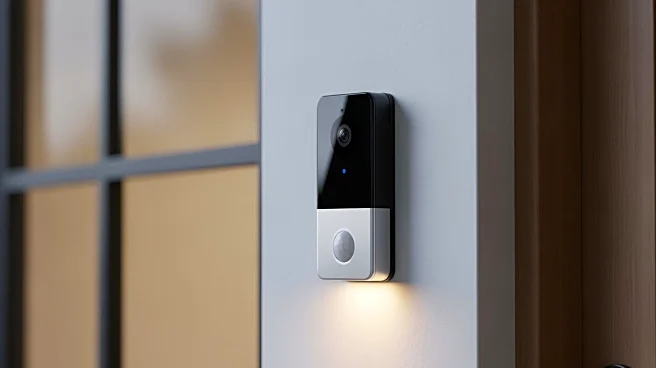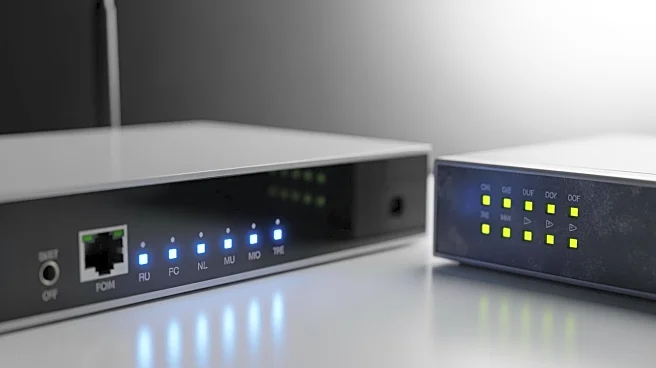What's Happening?
A range of discrete gadgets is being highlighted for their ability to enhance home security without being intrusive. These devices include light bulb security cameras, hidden smart locks, standalone motion and vibration sensors, smart smoke detectors,
radon detectors, and leak detectors. Each gadget offers unique features, such as easy installation, smart connectivity, and app management, providing homeowners with effective security solutions. The focus is on small, unobtrusive devices that can fit seamlessly into home environments while offering significant security benefits.
Why It's Important?
The rise of discrete security gadgets reflects a growing trend towards smart home technology that prioritizes convenience and effectiveness. These devices offer homeowners the ability to enhance security without the need for large, conspicuous systems. As smart home technology becomes more integrated into daily life, these gadgets represent a shift towards personalized and adaptable security solutions. The availability of affordable and easy-to-install devices can democratize home security, making it accessible to a wider audience and potentially reducing crime rates.
What's Next?
The continued development of smart home security technology is likely to focus on further integration and automation. Future advancements may include enhanced connectivity between devices, allowing for more comprehensive security systems that can be managed remotely. As technology evolves, manufacturers may prioritize user-friendly designs and increased compatibility with existing smart home ecosystems. The market for discrete security gadgets is expected to grow, driven by consumer demand for effective and unobtrusive security solutions.
Beyond the Headlines
The trend towards discrete security gadgets raises questions about privacy and data security. As these devices become more prevalent, ensuring that user data is protected and not exploited by third parties will be crucial. Additionally, the cultural implications of increased surveillance in homes may prompt discussions on the balance between security and privacy. The integration of smart technology into everyday life also highlights the need for ethical considerations in product design and marketing.














